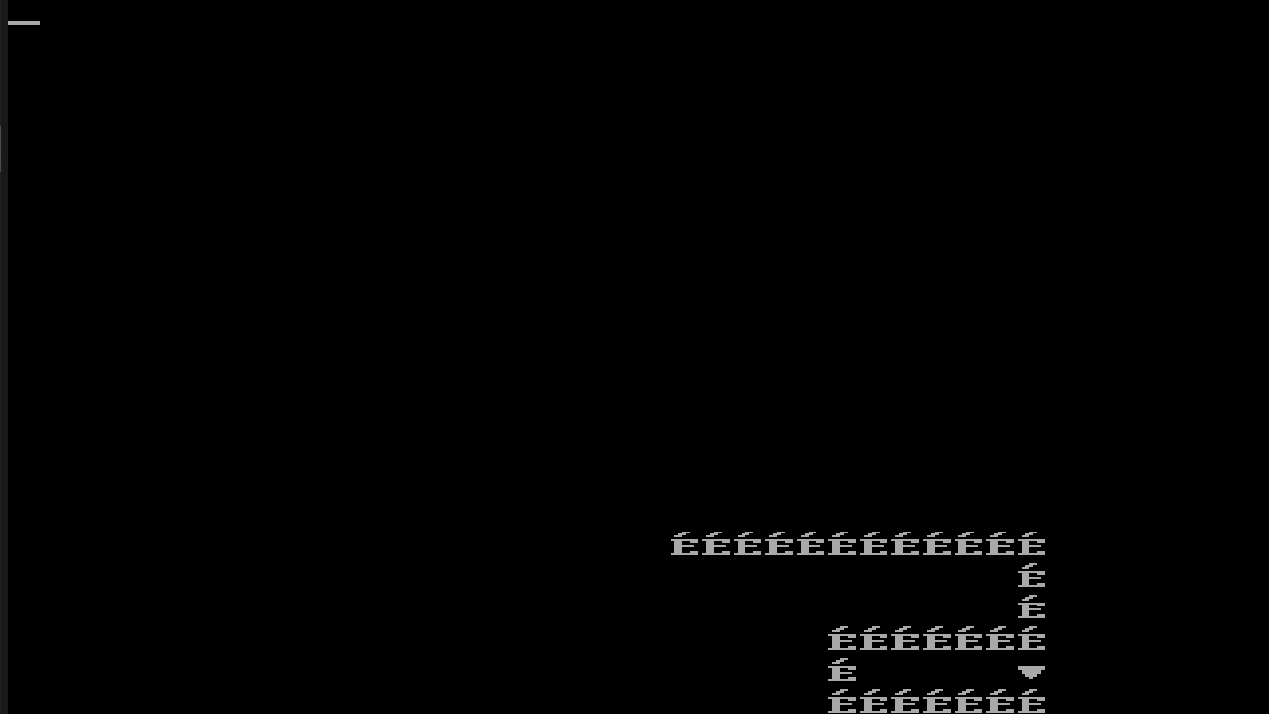In the years since 1997, the landmark release of the Nokia 6110 and its inclusion ofSnakehave seenSnakeported to (or shamelessly ripped off for) countless devices. For about the past year, there’s been an effort to bring it to DOS while continually decreasing its file size—and at long last, we’ve finally reached 56 bytes courtesy ofdonno2048’sSnakefor DOS port[h/tHacker News].
Now, some immediate caveats are worth noting with this particular port ofSnake. First, it runs too fast on the original hardware without a few configuration tweaks pointed out in the Hacker News thread that technically balloon the size past 56 bytes. It works perfectly fine in DOSBox and the web app, at least in terms of game speed.

However, this DOS version ofSnakedoes have one key glitch that makes it more challenging to play than your typical versions ofSnake. If you fancy yourself a finesser, you must play this version ofSnakewithout inputting backward inputs (as soon as you have more than three length), lest you immediately devour yourself and die. Usually,Snakedoesn’t make self-devouring this easy, so you have to be ultra-precise with your movements to play this DOS port ofSnakeadequately, which is a suitable bump in difficulty for the retro OS and hardware, even if it’s a glitch.
Previously, we’ve also seenSnakeslither ontoRaspberry Pi Picoand even aRaspberry Pi RP2040 LED array.Snakeports are so lax in terms of hardware requirements that they’re even possible on any modern RGB keyboard with individually addressable keys, which I first experienced with Zaneo’sCorsair (K70) RGB Snake game.

LikeTetris(1984) andPong(1972),Snake(1997) is an all-time staple of low-spec gaming, especially on mobile devices. It’s also proof that fun gameplay doesn’t necessarily require the most GPU-punishing graphics on the market—even the originalPac-Man(1980) is only about 24 kilobytes. But as this project proves, fun gameplay doesn’t need a full kilobyte—it seems to start around 60 regular bytes.
Get Tom’s Hardware’s best news and in-depth reviews, straight to your inbox.
Christopher Harper has been a successful freelance tech writer specializing in PC hardware and gaming since 2015, and ghostwrote for various B2B clients in High School before that. Outside of work, Christopher is best known to friends and rivals as an active competitive player in various eSports (particularly fighting games and arena shooters) and a purveyor of music ranging from Jimi Hendrix to Killer Mike to the Sonic Adventure 2 soundtrack.